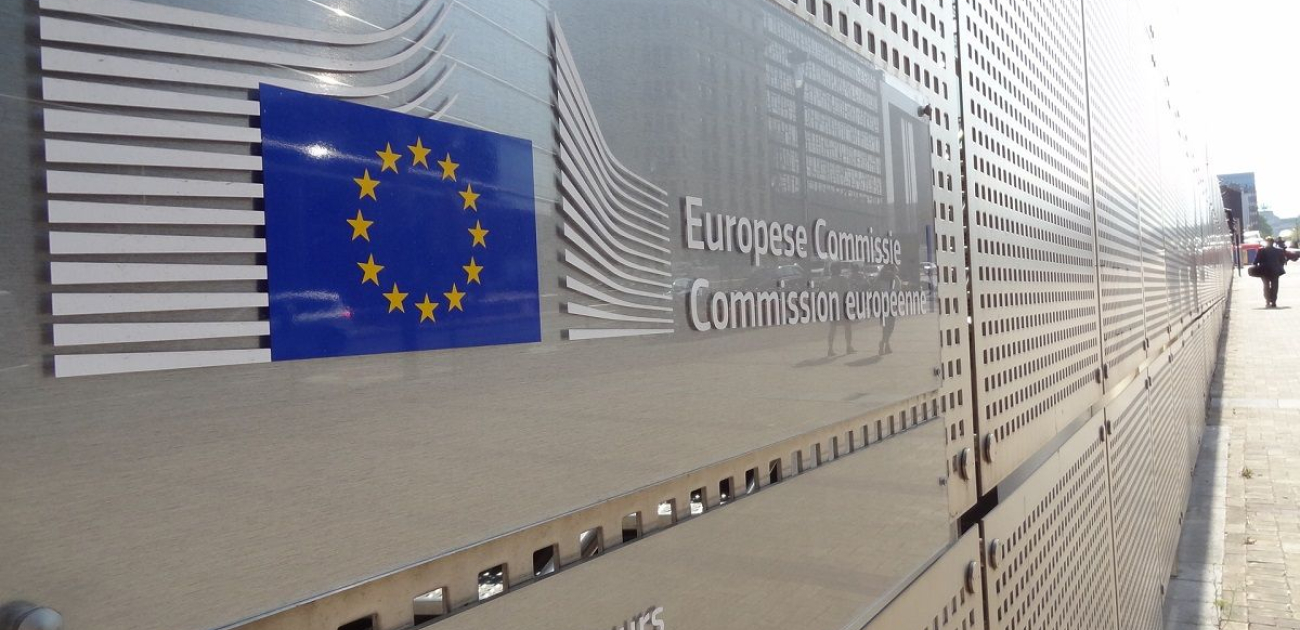The Commission Takes Spain Before the Court for Imposing Disproportionate Penalties for not Notifying the Assets Owned Abroad
Today June 6, the European Commission has decided to bring Spain before the Court of Justice of the EU to impose disproportionate penalties on Spanish taxpayers by not declaring or doing it extemporaneously, the assets owned in other EU Member States and the EEA ("Model 720").
In this process, started more than 6 years ago, members of the AEDAF provided evidence for the European Commission to initiate the infringement procedure of the EU in November 2015 by means of a letter of formal notice, followed by a reasoned opinion on 15 February. 2017. Since Spain has not yet complied with it, the Commission has decided to bring the matter before the Court of Justice of the EU.
Attached below is the communiqué of the European Commission itself.
Brussels, June 6, 2019 - Press release
The Commission today decided to take SPAIN to the EU Court of Justice for imposing disproportionate penalties on Spanish taxpayers for not notifying the assets owned in other EU and EEA Member States ("Model 720").
Currently, Spain requires resident taxpayers to notify their assets abroad, such as properties, bank accounts and financial assets. Failure to submit this information on time and in its entirety is subject to penalties in excess of those imposed for similar infractions in a purely national situation. These penalties may even exceed the value of assets held abroad. The Commission considers that these sanctions for incorrect or delayed compliance with this obligation of legitimate information are disproportionate and discriminatory. They can dissuade companies and individuals from investing or moving across borders in the single market. Accordingly, these provisions conflict with the fundamental freedoms of the EU, such as the free movement of persons, the free movement of workers, the freedom of establishment, the freedom to provide services and the free movement of capital.
Context
The European Commission initiated the infringement procedure of the EU in November 2015 by means of a letter of formal notice, followed by a reasoned opinion on February 15, 2017. Given that Spain has not yet complied with it, the Commission has decided today to take the issue before the Court of Justice of the EU.
Do you want more information?
 Salvador Balcells i Iranzo
Salvador Balcells i IranzoOne of the things Mr. Balcells like most about his job is when you get a safe, legal and fair tax situation for the sake of the taxpayer's tranquility and economy, both in previous structuring and planning, and when certain criteria have to be defended before Tax administration.

